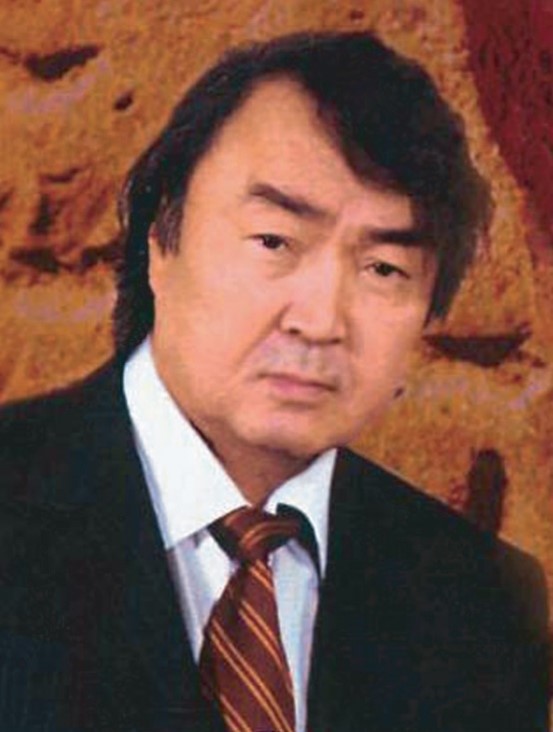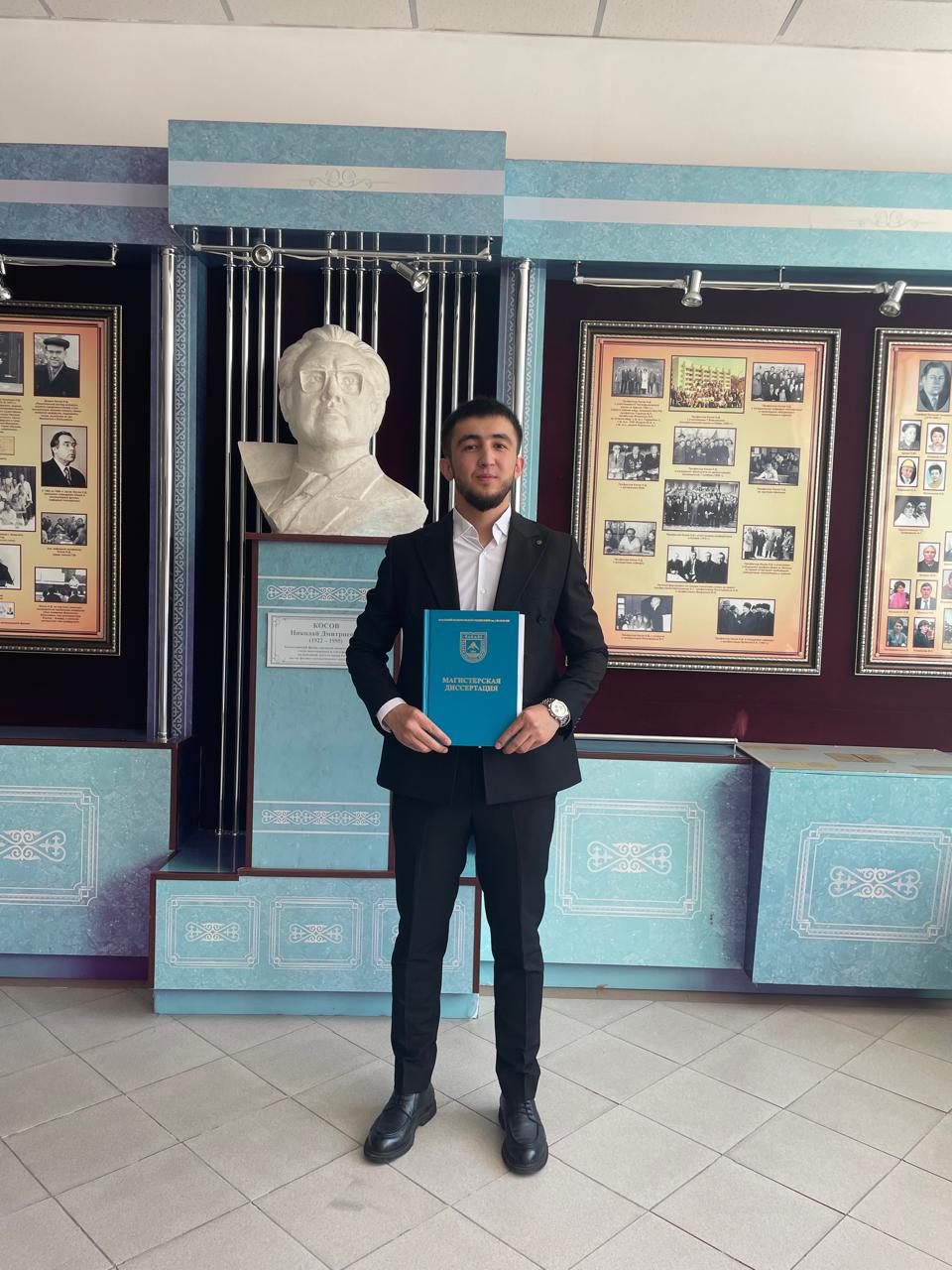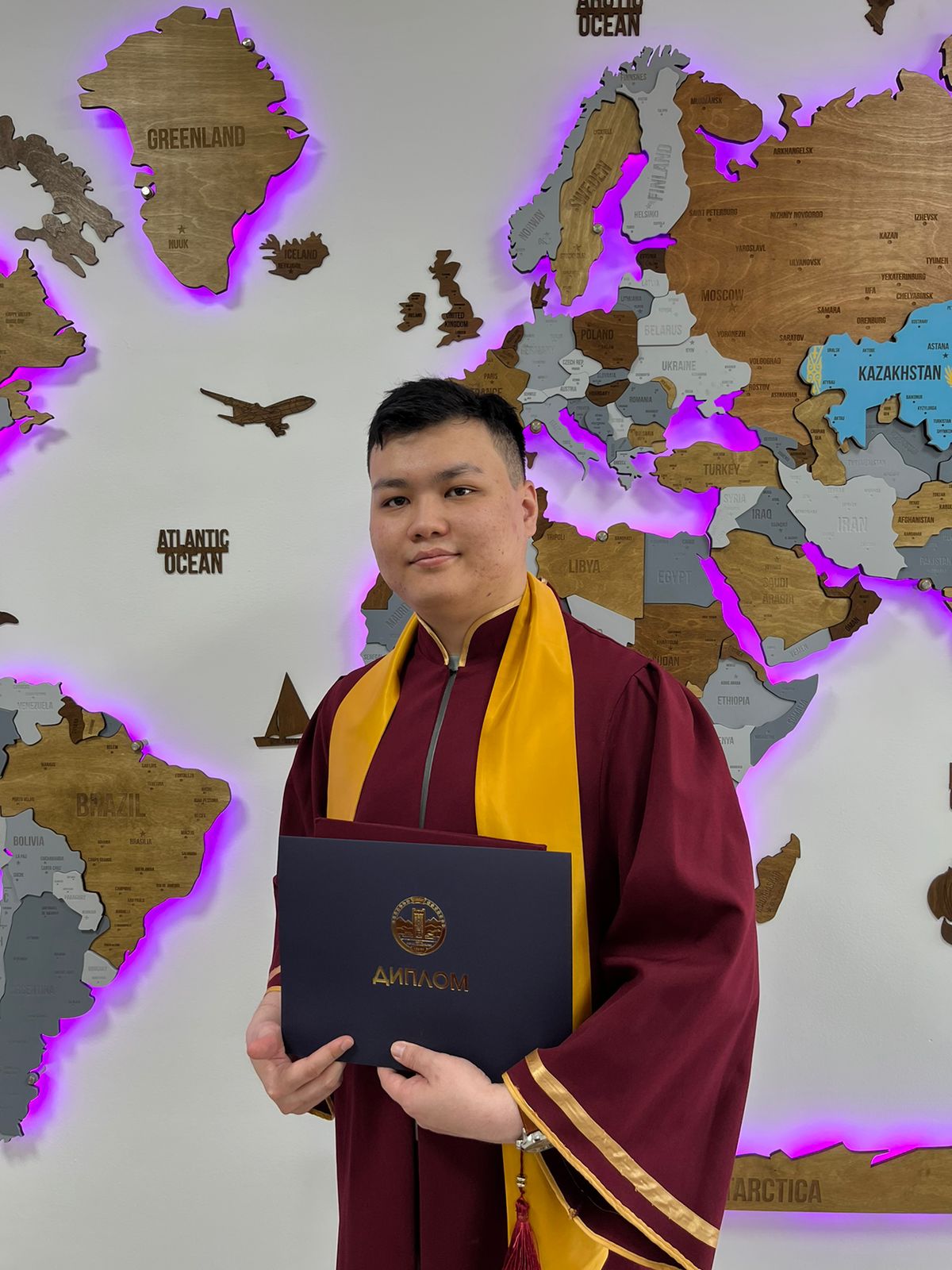
A lot can be said about the poet, literary critic, linguist, public and political figure of the USSR and Kazakhstan, people's writer of Kazakhstan Olzhas Omarovich Suleimenov. His personality is the pride of our land. The first Soviet poet is a laureate of the Lenin Komsomol Prize of the USSR, a laureate of the State Prize of the KazSSR and several international awards, he is a true son of his people, one of those who raised the culture of Kazakhstan of the 20th century to the highest level.
Olzhas Omarovich was born on May 18, 1936 in Alma-Ata in the family of an officer of the Kazakh Cavalry Regiment (“Kazpolk”). The father of the future writer Omar Suleimenov was repressed in May 1936, immediately after the birth of his son. Kazpolk was disbanded in June of the same year. The command staff was arrested, the rank and file were demobilized. That year, the same thing was done with national military units in other republics. According to O.Suleimenov, this was preparation for 1937: the formations could prevent the mass extermination of the national intelligentsia.
In 1943, Fatima Suleimenova met journalist Abduali Karagulov, who became Olzhas’s second father. The young man graduated from Almaty boys' school No. 28 named after Manshuk Mametova in 1954. He entered the geological and geographical faculty of Kazakh State University named after S.M. Kirov.
While still a student, he became interested in literary creativity. Having completed the 4th year, he applied to the Moscow Literary Institute named after M. Gorky, which was accepted after successfully passing the exams. He had to move to Moscow, to the dormitory of the Literary Institute on the Butyrsky farm. The question arose about moving to Moscow. The administration of Kazakh State University allowed me to continue my studies at the Faculty of Geography without transferring to the correspondence department. Thus, in the 1958-1959 academic year, O.Suleimenov completed the first year at the Literary Institute and the last at the Geography Department at Kazakh State University.
In the summer of 1959, he successfully defended his thesis entitled “The mechanics of the formation of salt domes of the Emben oil-bearing structure,” in which he opposed the existing theory of the emergence of salt stocks in the strata of the earth’s rocks, under the eaves of which oil accumulates. Despite the fact that the scientific supervisor of the diploma, Professor P.Ya. Ardov supported precisely these views, well-established in science, the work was nevertheless accepted, and O.Suleimenov received a diploma as an exploration engineer for oil and gas fields.
Many years later he would read in a geological journal about the discovery of two American geologists who were exploring salt domes in fields in South America. They explained the mechanism of formation of domes and cornices in the same way as Olzhas Suleimenov proved in his diploma. The discovery greatly facilitated exploration. This was Olzhas Omarovich's first encounter with academic science. And the first worthy victory.
That same summer (1959), Literary newspaper published a large selection of Olzhas’s poems with parting words from the outstanding Russian poet Leonid Martynov, one of the teachers of the generation of “sixties” poets. Martynov’s preface was entitled: “Bon voyage!” Thus, exactly 50 years ago, a new period began in the life of young Olzhas Suleimenov - the end of the geology department and the beginning of a long literary journey.
The path of a great poet is always strewn with rose petals and thorns. It is impossible to calculate what more.
At the beginning of 1961, O.Suleimenov was expelled from the Literary Institute for a fight. As Olzhas would later remember, they fought for their convictions. He had to return to Alma-Ata and start practicing journalism. He entered the “Kazakhstan truth”, in the information department. On April 12, 1961, Yuri Gagarin flew into space. And on this day, U-2 planes flew over the city, scattering leaflets with O.Suleimenov’s poem “Earth, bow to man!” And a week later a poem appeared under this title. In May, the author read it in Moscow, then, in June, at Columbia University in New York, then at the Sorbonne in Paris, from where he brought books of poems “Sunny Nights” and “Parisian Night”.
Over the years of literary creativity, more than ten collections of poetry and poems have been published. Literary and linguistic books: “AZiYa”, “Writing Language”, “Turks in Prehistory”. Several scripts have been written for feature-length feature films. Many newspaper, magazine articles and creative reports was published and collected works published in 8 volumes.
Olzhas Omarovich devotes a lot of time to social work and professional and organizational activities - staff writer of Kazakhfilm, chief editor of the script and editorial board of Kazakhfilm, first secretary of the Union of Cinematographers of the KazSSR and secretary of the board of the IC USSR, chairman of the State Cinema Committee of the KazSSR (the extreme dates: 1963- 1984).
Then the work will follow: department head of the magazine "Prostor", secretary of the board of the Writers' Union of the KazSSR, first secretary of the KazSSR Writers' Union and secretary of the board of the USSR Writers' Union (1962-1991), chairman of the Kazakhstan Committee for Relations with Writers of Asian and African Countries, deputy chairman of the Soviet Committee for Relations with Asian and African Countries (1972-1991).
These above-described Committees played a significant role in the national liberation struggle of countries experiencing a period of decolonization. The leaders of these movements were most often writers. O.Suleimenov was sent to many countries in Asia and Africa during this period.
From 1976 to 1983 Suleimenov becomes a member of the International Tribunal for the Conviction of Acts of Genocide.
Candidate member and member of the Central Committee of the Communist Party of Kazakhstan (1976-1991). Deputy and member of the Presidium of the Supreme Council of the Kazakh SSR (1980-1985). Deputy of the Supreme Soviet of the USSR (1984-1989). People's Deputy of the USSR and member of the Supreme Soviet of the USSR (1989 - December 1991). Member of the Constitutional Commission, elected by the First Congress of People's Deputies of the USSR, to write a new version of the Constitution of the USSR (May 1989 - December 1991). Member of the Committee for the Award of the International Lenin Prize (1980-1991).
The first International Lenin Prize was awarded to Nelson Mandela. O.Suleimenov was instructed to meet with Mandela, notify him of the award and invite him to Moscow for the presentation. Meetings took place after the laureate's release in England and South Africa.
He was a Member of the Board of the USSR Ministry of Foreign Affairs (1991), oversaw nuclear disarmament issues, special representative of the Supreme Soviet of the USSR on the withdrawal of a limited contingent of Vietnamese troops from Cambodia (November 1989), chairman of the party "People's Congress (Halyk Congress) of Kazakhstan" (1991-1995), deputy of the Supreme Council of the Republic of Kazakhstan (1994-1995), president of the International Anti-Nuclear Movement (IAM) “Nevada-Semipalatinsk” (from 1989 to the present).
Olzhas Omarovich has the diplomatic rank of Ambassador Extraordinary and Plenipotentiary (received in 1996).
O.Suleimenov was ambassador of the Republic of Kazakhstan to Italy and part-time to Greece and Malta (1995-2002), ambassador, Permanent Representative of Kazakhstan to UNESCO (from 2002 to present).
In Soviet times, O. Suleimenov was awarded the Order of the Badge of Honor, the Red Banner of Labor, and the October Revolution, in the Republic of Kazakhstan – “Barys” I degree (2001), “Otan” (2006).
Also, he has international awards: the order of “Prince Yaroslav the Wise” (Ukraine), “Friendship” (Russia), “For Merit” (Ingushetia), “Shukrat” (Azerbaijan), “Knight of Literature and Art” (France).
Olzhas Omarovich is still full of strength and energy, which reveals him to be an active and dynamic person, and this is characteristic only of a truly creative person.
Other news


